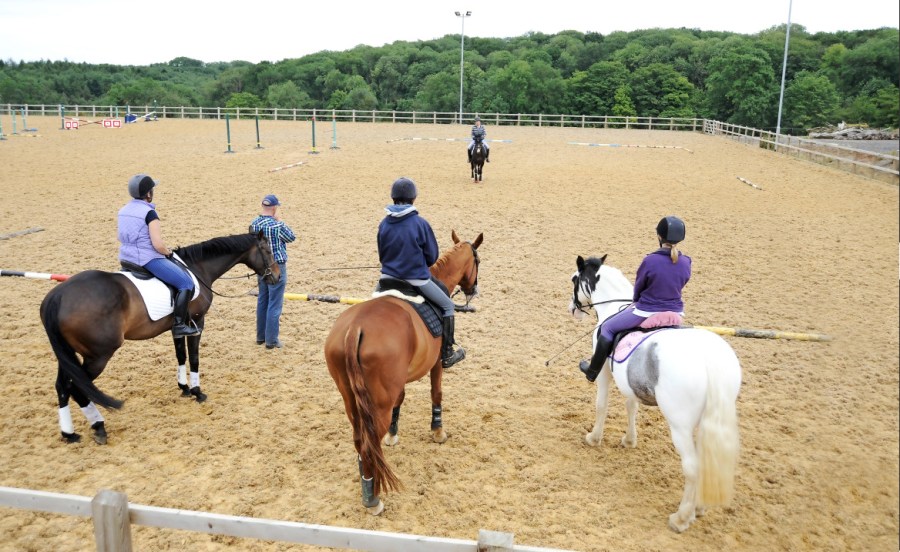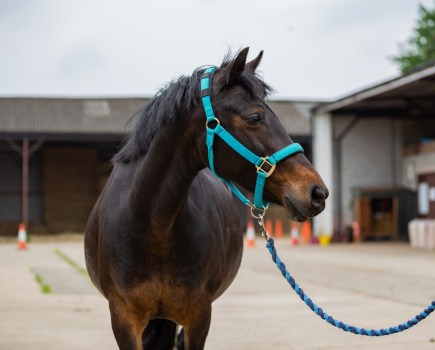Riding schools are in the midst of a supply and demand predicament, according to new research.
The study by British Equestrian (BEF) in tandem with the British Horse Society (BHS), the Association of British Riding Schools (ABRS+), The Pony Club (PC) and Riding for the Disabled Association (RDA), involved a survey sent to nearly 1,700 riding centres.
The standout message from the centres was that interest in riding remains buoyant, but over two thirds of riding schools are struggling to keep up with enquiries and take on new clients, creating a barrier to increasing participation.
Conversely, on average, centres are running at 75 percent capacity due to issues around workforce, both paid and volunteer, suitable and affordable horsepower, and rising costs. Over 70 percent reported that these issues have been further exacerbated by the pandemic, compounded by an average of 62 percent reduction of income since the lockdowns of 2020 and 2021 were in place.
Another challenge having an impact on some businesses is licensing requirements and processes. The costs, complexity and time involved are considerable, according to some centres.
“This research data will help us better understand the current challenges faced by riding centres, which we can use to work towards a viable future for our riding centres, and I’d like to thank all those who took time to facilitate and complete the survey, which has given us incredible insight,” said Mandana Mehran Pour, Head of Participation at British Equestrian.
“It’s been an incredibly challenging time for our riding centres, who’ve shown remarkable resilience and there is a degree of optimism out there,” she continued. “This study has highlighted the diversity of riding centres across the UK landscape, and the struggles they face to adapt and grow to meet challenges they currently face.
“British Equestrian, along with member bodies, is determined to support these centres to help equestrianism remain popular and accessible for all. We now need to identify and execute plans to best support these centres and make sure they can convert interest into income through what will be another highly turbulent year as the cost-of-living challenges intensify existing issues.”
The BEF, BHS, PC, RDA and ABRS+, said said they were committed to further exploring the issues riding establishments are facing and were working to find solutions.
They will be addressing the shortage of staff, through “enhanced opportunities in equestrian careers”, as well as increasing awareness around relevant loan and sharing options to boost horse power for the country’s riding schools. An action group has been established to look into licensing and further research will be conducted to form a better understanding of what capacity issues mean for centres.
Together with its member bodies, the BEF is piloting projects to provide business support for centres, helping to produce growth plans and signpost development funding opportunities. It will also be collaborating with the wider sector to monitor this issue, including the long-term impact of covid, alongside the current cost of living crisis and the effects on operational costs and public demand for riding opportunities.
Another initiative helping centres facing financial difficulties is the Together Fund, which the BEF is working with Sport England to deliver. Launched in August, the fund totals £195,000 from which centres to bid for small grants to support growth and engagement in physical activity.
For more information on the Together Fund, click here









